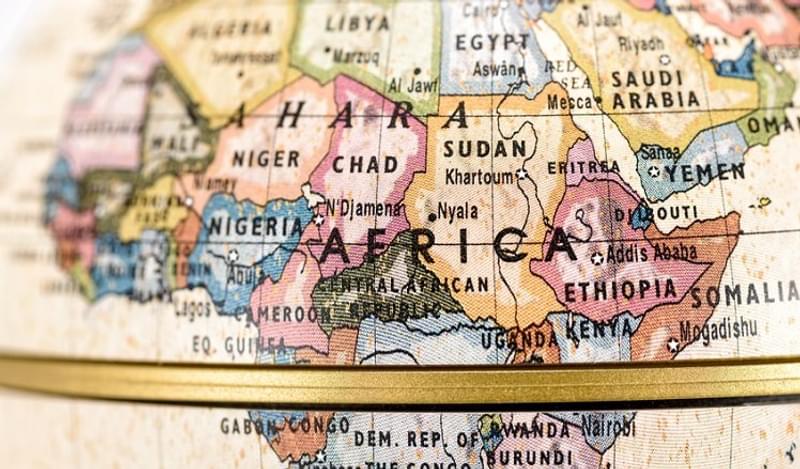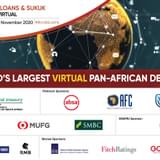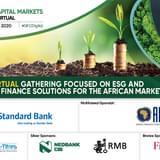The sukuk pipeline in Africa has recently swelled. Senegal has expanded its second sovereign sukuk issued in July. The 10-year deal offering a 6% yield backed by Dakar’s international airport was upsized from CFA150bn to CFA200bn according to the Islamic Corporation for the Development of the Private Sector (ICD) on strong investor demand, which reached CFA233bn.
The sukuk pipeline in Africa has recently swelled. Senegal has expanded its second sovereign sukuk issued in July. The 10-year deal offering a 6% yield backed by Dakar’s international airport was upsized from CFA150bn to CFA200bn according to the Islamic Corporation for the Development of the Private Sector (ICD) on strong investor demand, which reached CFA233bn.
According to Reuters, over half of Senegal’s latest sukuk was sold to local investors; one third of which was bought by investors in Cote d’Ivoire and Togo, which are both now looking to issue sukuk with the support of the ICD.
Reuters reported that the Cote d’Ivoire is close to finishing the sale of a CFA150bn 7-year sukuk, whilst Togo is looking to issue CFA150bn 10-year debut sukuk at 6.5%. In addition, Niger is looking to raise CFA150bn through a new sukuk programme.
According to Bashar Al Natoor, global head of Islamic finance at Fitch Ratings, there is substantial interest across the continent for sukuk instruments.
“Such instruments are now becoming more common across Africa,” agreed Zakiyoulahi Sow, director of sukuk at the Islamic Development Bank (IsDB).
However, there are challenges to the wider implementation of sukuk across the continent, particularly within capital market infrastructure, and further regulations are necessary.
This means that within global sukuk issuance, Africa contributes a relatively small amount of the total. In addition, African sukuk play a small role in terms of what they finance across the continent.
“The development of SPVs for sukuk issuances and tax neutrality for such instruments are necessary,” said Al Natoor, although he noted that there have been recent developments in these areas.
While local issuances attract significant demand, the large Islamic investor bases of the Middle East and Asia, combined with the demand from conventional investors who are attracted to the relative stability of such instruments, mean that the wider internationalisation of African sukuk is likely, particularly though foreign issuance.
Sow noted that African sukuk issuers would eventually aim to tap into cheaper capital available in the Middle East.
Certain nations have already sold foreign-currency sukuk. South Africa issued sub-Saharan Africa’s first dollar denominated bond in 2014, a US$500mn 5.75-year note that was 4x oversubscribed.
According to Al Natoor, after the issuance of the inaugural South African sovereign sukuk, the country has instituted further amendments to the National Taxation Act and other Amendments – these will further assist the prevalence of sukuk across Africa.
Nigeria and Kenya are also working on accommodative laws with aims to issue sukuk within the next year, which would further assist in the instrument’s increasing prominence across Africa.









